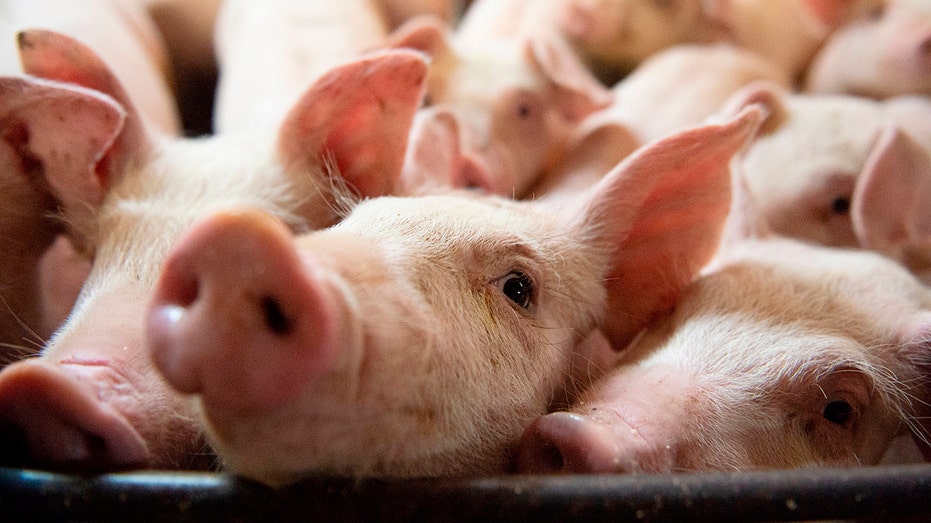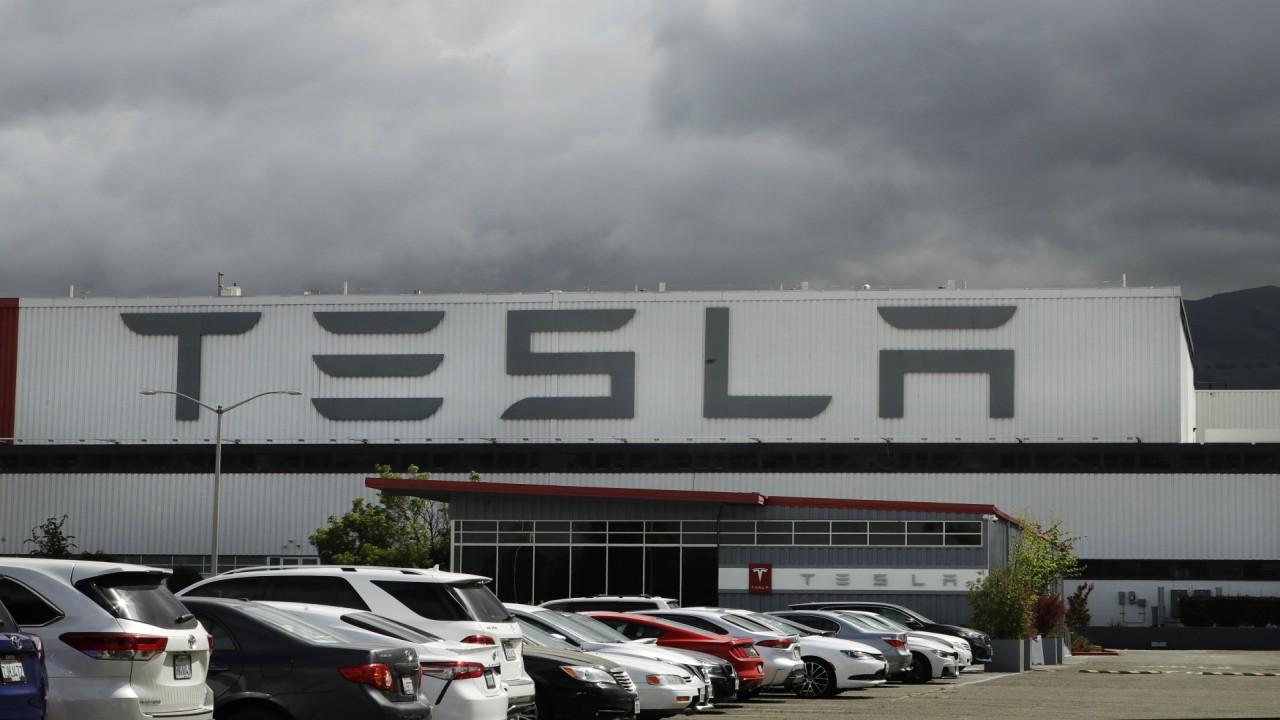'Fitbit in your skull': Elon Musk demos link between brain, computer chips
The Neuralink program aims to solve human maladies from blindness to memory loss
Tesla founder Elon Musk is demonstrating progress on his Neuralink program to connect the human brain to computer chips by proving the viability of a similar procedure with pigs.
The billionaire entrepreneur, who describes the new device as a "Fitbit in your skull," made a presentation Friday showing how the link has worked on a pig named Gertrude for the past two months.
Such devices -- "about the size of a large coin" -- will one day be implanted in humans in under an hour using a custom robot that is now under development, he said.
MUSK CONFIRMS TESLA NEVADA FACTORY WAS TARGET OF 'SERIOUS' CYBERATTACK
"I could have a Neuralink right now and you wouldn't know," he joked to his audience. "Maybe I do."
As Mashable reported on Friday, Musk's end goal is to be able to solve certain human medical conditions like memory loss, seizures, hearing loss, extreme pain, blindness, paralysis, addiction, depression, insomnia, anxiety, strokes, and brain damage.
“These can all be solved with an implantable neural link,” he asserted. “The neurons are like wiring, and you kind of need an electronic thing to solve an electronic problem.”

Pigs at a Canadian farm in 2019. In the U.S., billionaire entrepreneur Elon Musk has successfully linked a computer chip to a pig's brain. (Photo by Sebastien St-Jean / AFP) (Photo credit should read SEBASTIEN ST-JEAN/AFP/Getty Images)
While medical experts worldwide might welcome such an achievement, the Neuralink chip's effectiveness remains a question.
The idea isn't new: In 2019, Musk announced that the project allowed a monkey to control a computer device with its mind. Aside from pigs, the device has also been tested on at least 19 different animals and has a success rate of approximately 87%.
Musk believes the tiny implant would be able to connect to an individual's phone via Bluetooth and charge wirelessly overnight.
He also showed that the Neuralink in Gertrude connected "to neurons that are in her snout," receiving signals in real-time when she sniffed and ate food.
During a Q&A segment following his presentation, Musk insisted that the team is "working closely with the FDA" and that safety is the top priority.
According to Vox, the U.S. Food and Drug Administration had awarded the company a breakthrough device authorization, which can help expedite research on medical equipment.
Another Neuralink employee explained that all neural data would be encrypted and that the company is already working with penetration testers.
CLICK HERE TO READ MORE ON FOX BUSINESS
Musk also noted that the company is hiring.
"If you've, like, shipped a smartwatch or a phone, or any kind of complex electronics or complex device, or advanced medical devices, we'd love for you to contact us and consider working here," Musk said toward the end of his presentation. "So a very important point to emphasize is that you do not need to have prior experience [with] brains."




















